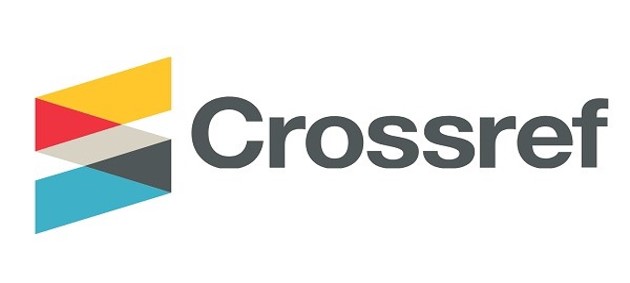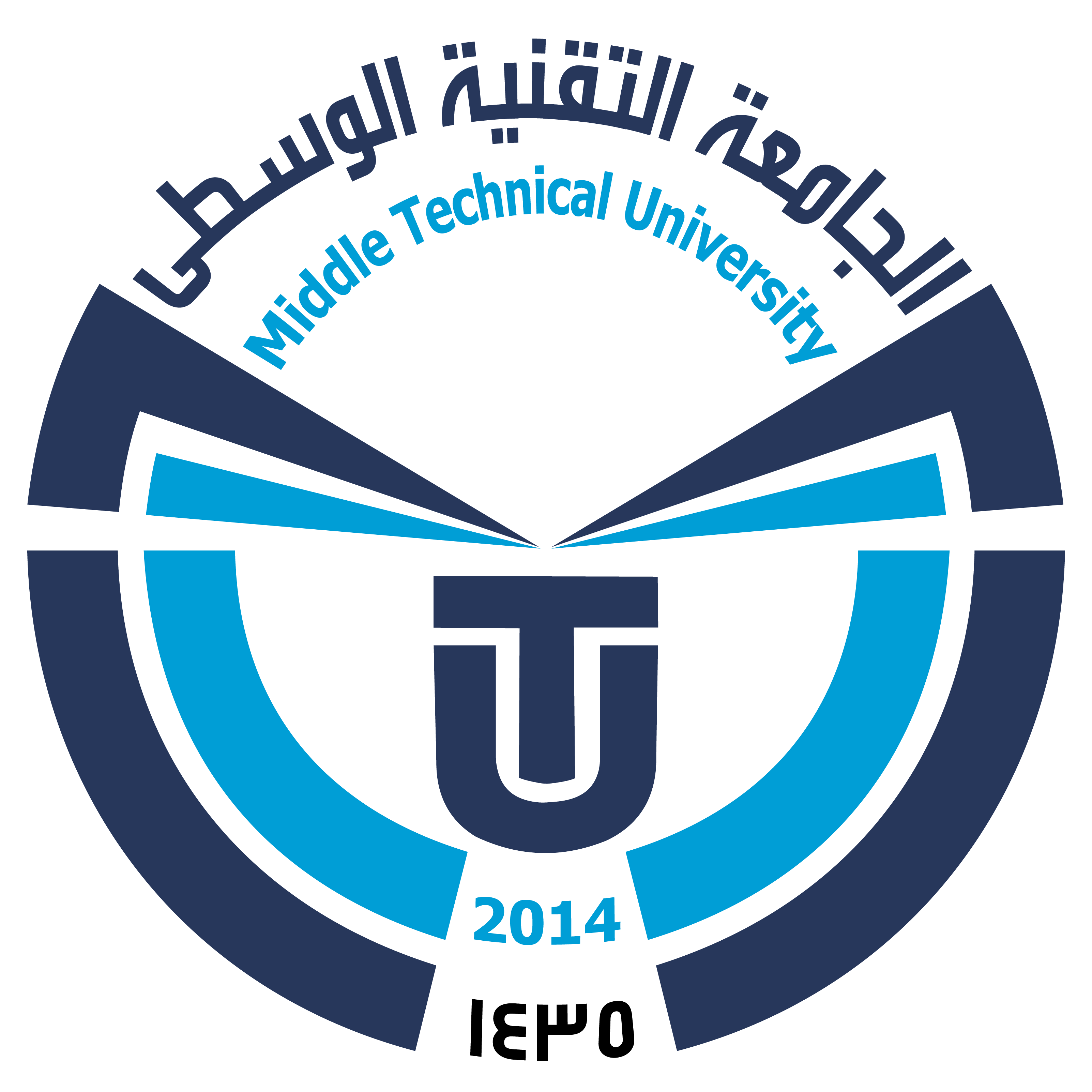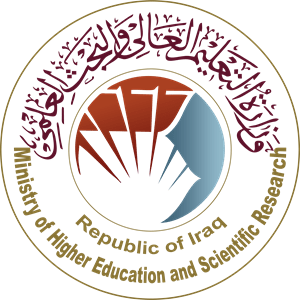Applying Data Governance Based on COBIT2019 Framework to Achieve Sustainable Development Goals
DOI:
https://doi.org/10.51173/jt.v2i3.212Keywords:
Data Governance, SDGs, COBIT2019, Information Technology, Sustainability.Abstract
Organizations should employ information technology to enhance their market positions; accelerate their activities, and reduce costs which lead to achieving sustainability. The use of information technology can expose the data of organizations to technological risks; may weaken information security in the organization that prevents the organization from achieving its desired goals. So, this research aims to identify the most important concepts of data governance, sustainable development goals, and related information technology. It also aims to clarify the influence of data governance on achieving the sustainable development goals by applying COBIT2019 framework.
The researchers have designed a refereed questionnaire to collect data from the main 5 petroleum companies in Kurdistan region of Iraq then analyzed that data to test the hypotheses of this study.
The researchers conclude that applying COBIT2019 framework can enhance the data governance in the organizations and help in achieving the sustainable development goals in information technology environment. Moreover, the study recommends that there is a need to strengthen data governance mechanisms essential to achieve the sustainable development goals. This suggested framework can apparently enhance the information technology infrastructure.
Downloads
References
I. Alhassan, D. Sammon, and M. Daly, “Data Governance Activities: A Comparison between Scientific and Practice-oriented Literature”, Journal of Enterprise Information Management, vol.31, No.2, pp. 300–316, 2018.
X. Fu, A. Wojak, D. Neagu, M. Ridley, and K. Travis, “Data Governance in Predictive Toxicology: A Review”, Journal of Cheminformatics, vol.3, No.1, pp. 1–16, 2011.
Sana B. Guetat, and Salem B. Dakhli, “The Architecture Facet of Information Governance: The Case of Urbanized Information Systems”, Procedia Computer Science, vol.64, pp. 1088–1098, 2015.
V. Holt, M. Ramage, K. Kear, and N. Heap, “The Usage of Best Practices and Procedures in the Database Community”, Information Systems, vol.49, pp. 163-181, 2015.
Thabit H. Thabit, and Yaser A. Jasim, “The Impact of Information Security International Standards: Enhancing the Efficiency of E-Publishing over Cloud Computing”, Second International Conference of on Communication Engineering and Computer Science, Cihan University, Erbil, Iraq, 2017, pp. 89-95.
Thabit H. Thabit and Yaser A. Jasim, Applying IT in Accounting, Environment and Computer Science Studies, LAPLambert Academic Publisher, 2017.
M. Silic, and A. Back, “Factors Impacting Information Governance in the Mobile Device Dual-use Contextnull”, Records Management Journal, vol.23, No.2, pp. 73–89, 2013.
P. P. Tallon, R. V. Ramirez, and J. E. Short, “The Information Artifact in IT Governance: Toward a Theory of Information Governance”, Journal of Management Information Systems, vol.30, No.3, pp. 141–178, 2013.
Thabit H. Thabit, and Yaser A. Jasim, “The Challenges of Adopting E-Governance in Iraq”, Current Research Journal of Social Sciences and Humanities, vol.2, No.1, 31-38, 2019.
A. Weller, “Data Governance: Supporting Data Centric Risk Management”, Journal of Securities Operations & Custody, vol.1, No.3, pp. 250–262, 2008.
T. C. Redman, “Data’s Credibility Problem”, Harvard Business Review, vol.91, No.12, pp. 84-88, 2013.
M. G. Reeves, and R. Bowen, “Developing a Data Governance Model in Health Care”, Healthcare Financial Management, vol.67, No.2, pp. 82-86, 2013.
M. R. Rasouli, J. J. Trienekens, R. J. Kusters, and P. W. Grefen, “Information Governance Requirements in Dynamic Business Networking”, Industrial Management & Data Systems, vol.116, No.7, pp. 1356-1379, 2016.
Thabit H. Thabit, and Alan Solaimanzadah, “The Role of SOX Act in Enhancing the Internal Control Systems of Kurdistan Banks”, International Conference on Accounting, Business, Economics and Politics, Ishik University, Erbil, Iraq, 2018, pp. 288-300.
Thabit H. Thabit, “The Influence of Mobile Information Technologies in Enhancing the Electronic Audit”, The 3rd International Scientific Conference, The World Islamic Sciences & Education University, Amman, Jordan, 2019, pp. 1-7.
Z. Panian, “Some Practical Experiences in Data Governance”, World Academy of Science, Engineering and Technology Management, vol.62, pp. 468–475, 2010.
B. Otto, “Quality and Value of the Data Resource in Large Enterprises”, Information Systems Management, vol.32, No.3, pp. 234–251, 2015.
J. Merkus, R. Helms, and R. Kusters, “Data Governance and Information Governance: Set of Definitions in Relation to Data and Information as Part of DIKW”, the 21st International Conference on Enterprise Information Systems, 2019, pp. 143-154.
Thabit H. Thabit, “Adoption the Fuzzy Logic to Enhance the Quality of the Accounting Information to Operate Balanced Scorecard - Applied on Mosul Bank for Development & Investment in Nineveh Province”, M.Sc. Thesis in Accounting, University of Mosul, Mosul, Iraq, 2013.
A. Buchwald, N. Urbach, and F. Ahlemann, “Business Value through Controlled IT: Toward an Integrated Model of IT Governance Success and Its Impact”, Journal of Information Technology, vol.29, No.2, pp. 128–147, 2014.
L. K. Cheong, and V. Chang, “The Need for Data Governance: A Case Study”, the 18th Australasian Conference on Information Systems, Toowoomba, 2007, pp. 999–1008.
S. Dezdar, and A. Sulaiman, “Successful Enterprise Resource Planning Implementation: Taxonomy of Critical Factors”, Industrial Management & Data Systems, vol.109, No.8, pp. 1037–1052, 2009.
W. G. Tan, A. Catersteel, and M. Toleman, “Implementing IT Service Management: A Case Study Focusing on Critical Success Factors”, Journal of Computer Information Systems, vol.50, No.2, pp. 1–12, 2009.
J. Chen, Y. Chen, X. Du, C. Li, J. Lu, S. Zhao, and X. Zhou, “Big Data Challenge: A Data Management Perspective”, Frontiers of Computer Science, vol.7, No.2, pp. 157–164, 2013.
S. Soares, Big Data Governance: an Emerging Imperative, Mc Press, 2012.
V. Khatri, and C. V. Brown, “Designing Data Governance”, Communications of the ACM, vol.53, No.1, pp. 148–152, 2010.
V. Morabito, “Big Data Governance”, Big Data and Analytics, pp. 83–104, 2015.
Thabit H. Thabit, and Mazen M. Mardini, “The Relationship between Commercial Banks and Microfinance Institutions for Sustainable Development - Case of Iraq”, 14th Scientific Conference, Al-Mansour University College, Baghdad, Iraq, 2015, pp. 1-18.
Thabit H. Thabit, and Laith K. Ibraheem , “Implementation of Environmental Management Accounting for Enhancing the Sustainable Development in Iraqi Oil Refining Companies”, 3rd Scientific Conference of Administration and Economic College, University of Anbar, Anbar, Iraq, 2019, pp. 1-12.
Thabit H. Thabit, and Laith K. Ibraheem, and Ahmed W. Majed, “Proposed Framework for Auditing Sustainable Development Practices in Iraq”, 8th International Scientific Conference, Baghdad College of Economic Sciences University, Baghdad, Iraq, 2019, pp. 1-6.
Mohammed A. Mohammed , Omar S. Azeez, and Thabit H. Thabit, “The Impact of Smart Libraries in Enhancing the Sustainable Development Practices”, the 5th International Conference on E-publishing, Jordan University, Amman, Jordan, 2019, pp. 1-6.
Thabit H. Thabit, Lukman M. Aldabbagh, and Laith K. Ibrahim, “The Auditing of Sustainable Development Practices in Developing Countries: Case of Iraq”, Revista AUS, vol.26, No.3, pp. 12-19, 2019.
J. Gupta, and C. Vegelin, C., “Sustainable Development Goals and Inclusive Development”, International Environmental Agreements, vol.16, No.3, pp. 1-16, 2016.
UNGA., “Report of the Open Working Group of the General Assembly on Sustainable Development Goals”, United Nations General Assembly, UNGA a/68/970, 2014.
ISACA., “COBIT 2019 Framework: Introduction and Methodology”, Information Systems Audit and Control Association, 2018a.
ISACA., “COBIT 2019 Implementation Guide: Implementing and Optimizing an Information and Technology Governance Solution”, Information Systems Audit and Control Association, 2018b.
Heba S. Ishhadat, “Impact of Information Technology (COBIT5) on Reducing Cloud Computing Risks in Telecommunication Companies in Jordan”, M.Sc. Thesis in Accounting, The World Islamic Sciences & Education University, Amman, Jordan, 2020.
G. Harmer, G., “Governance of Enterprise IT Based on COBIT 5: A Management Guide”, IT Governance Publishing, 2014.
ISACA., “COBIT 2019 Framework: Governance and Management Objectives”, Information Systems Audit and Control Association, 2018c.
ISACA., “COBIT 2019 Design Guide: Designing an Information and Technology Governance Solution”, Information Systems Audit and Control Association, 2018d.
Robert R. Moeller, Executive's Guide to IT Governance: Improving Systems Processes with Service Management, COBIT, and ITIL, Wiley, 2013.
Mayang A. Putri, Ismiarta Aknuranda, and Wayan F. Mahmudy, “Maturity Evaluation of Information Technology Governance in PT DEF Using COBIT5 Framework”, Journal of Information Technology and Computer Science, vol.2, No.1, pp. 19-27, 2017.
Downloads
Published
How to Cite
Issue
Section
License
Copyright (c) 2020 Thabit H. Thabit, Heba S. Ishhadat, Omer T. Abdulrahman

This work is licensed under a Creative Commons Attribution 4.0 International License.

















